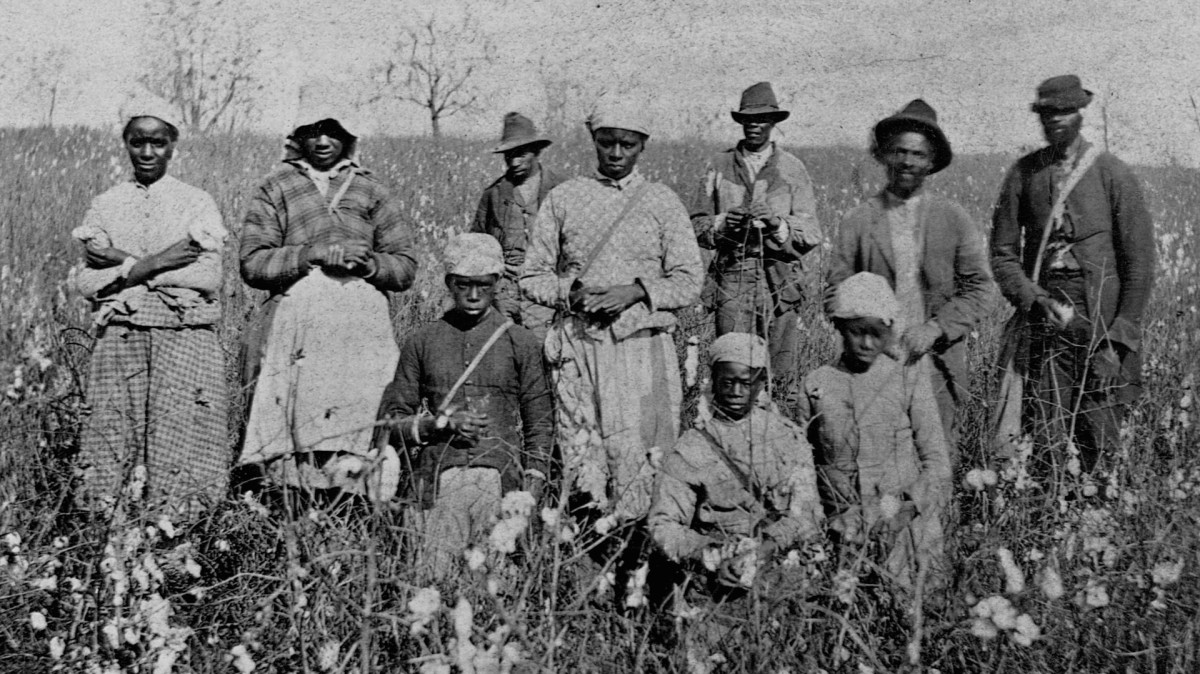
This Day in Labor History: November 26, 1931. Cigar factory owners in Ybor City, Florida, banned cigar makers from having people read to workers on the job. Workers struck and it's a great example of the loss of worker autonomy on the shop floor. Let's talk about it! 

While U.S. economic investment in Cuba had started fairly early in the 19th century, it wasn’t until the 1860s that the nation saw any significant Cuban migration back to the U.S.
Naturally enough, when that started, much of it was based in Florida, which at the time was a rural economic backwater, as well as to New York. In the Tampa area, Cubans made up much of the workforce of the growing cigar industry.
Ybor City itself was founded by a Cuban cigar manufacturer named Vicente Martinez Ybor, who moved production north to avoid the growing tension in Cuba between the Spanish government and nationalists that would eventually lead to American intervention in 1898.
The workers had engaged in a number of strikes over the years and this was a fairly militant and well-organized workforce, even in the era before the New Deal made this much easier.
Earlier in 1931, about 5,000 workers left the American Federation of Labor-affiliated Cigar Makers International Union and joined the communist-led Tobacco Workers Industrial Union.
That was affiliated with the Trade Union Unity League, which had come out of a recent CP switch to give up on boring within unions and instead to promote “duel unionism” that gave workers a choice between AFL-style business unionism or socialist industrial unionism.
At least some of the rank-and-file workers were dedicated communists. Seventeen had been jailed for a having a parade to celebrate the anniversary of the Bolshevik Revolution.
Workers went on strike to support them. That led the owners to eliminate the position of lector in the factories.
The lector was a reader. Workers pooled their resources to bring people into the factories to read to them. Given the drudgery of cigar rolling and the poison entering the skin of the workers, this was not a great job, but it was about as good as a Cuban got in Florida.
So to keep workers moving, someone read to them. What this did in reality was create a culture of radicalism. The lector would read radical literature, newspapers, or whatever. So in the aftermath of the communist strike, the employers banned the lector.
Employers put up with it because the Cuban cigar makers were highly organized and because of the long tradition of the lector. You can see how it worked in the image at the top of the post, which is from a Tampa cigar factory in 1929.
The lector would sit above the workers and fill their day with words. It didn’t have to per se be political reading of course. Here’s an oral history with the son of a lector, remembering back to his father’s work. It's too long to quote here, but great.
herb.ashp.cuny.edu/items/show/2491
herb.ashp.cuny.edu/items/show/2491
In response, the workers returned to the strike for three days to demand their lectors return. But when workers returned on December 3, the cigar makers locked them out until they gave up the lector.
The lockout was possible because the cigar makers had already filled their Christmas orders so losing a little money to get rid of the radicals was a small price to pay.
The workers had a hard path in front of them because this was the south. And southern leaders were going to stop at nothing to stop a bunch of non-white communists from succeeding.
The employers won on December 15. While workers threatened to withhold their skilled labor, over the long-run, this was impossible as the workers were poor. They returned to work that day without their communist unions and without their lectors.
The lector never returned to the factories. Instead, employers invested in radios, which still provided workers needed entertainment to help while away the hours, but which was commercial based and would undermine the radical shop floor culture of the tobacco workers.
This was a big loss for the workers to control their own workplaces, which was near the end of a century of the slow decline for workers in industries throughout the nation to over these issues.
People often don’t understand that this was the single biggest issue in American labor history in the decades after the Civil War. It wasn’t wages, hours, working conditions, or even union recognition in the way we think of it today. It was control over the conditions of work.
This is why Taylorism was so strongly hated by workers. The gigantic modernized industrial workforce where workers had unions but were treated as automatons was about to begin. Yet, it was not a total defeat for the workers. This was a heavily organized industry.
The cigar makers did not seek to destroy unionism entirely. Control over the shop floor was enough.
In 1933, the workers and owners agreed to a contract that banned strikes and lockouts for 3 years and gave the workers a wage scale they felt comfortable with.
The cigar workers hardly gave up radical politics in the aftermath. Ybor City was a major fundraising place for the Spanish Republicans fighting Franco, just as one example.
Today, the cigar factories are mostly gone and Ybor City is a place for Florida Man to get wasted.
Back tomorrow to discuss Pins and Needles, the famous labor play of the 1930s.
Enjoy your inferior meats and be thankful for the workers who made your holiday possible.
• • •
Missing some Tweet in this thread? You can try to
force a refresh






